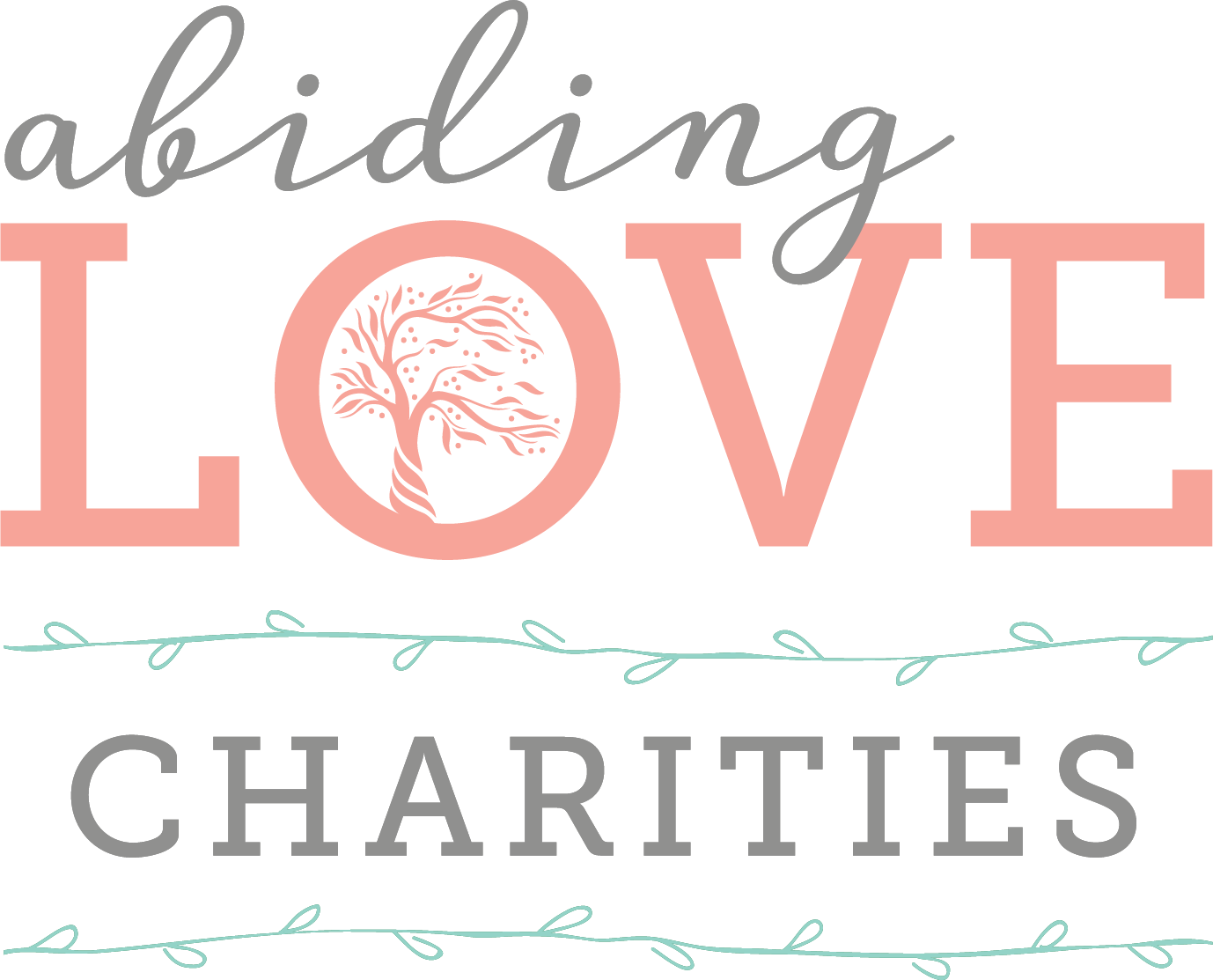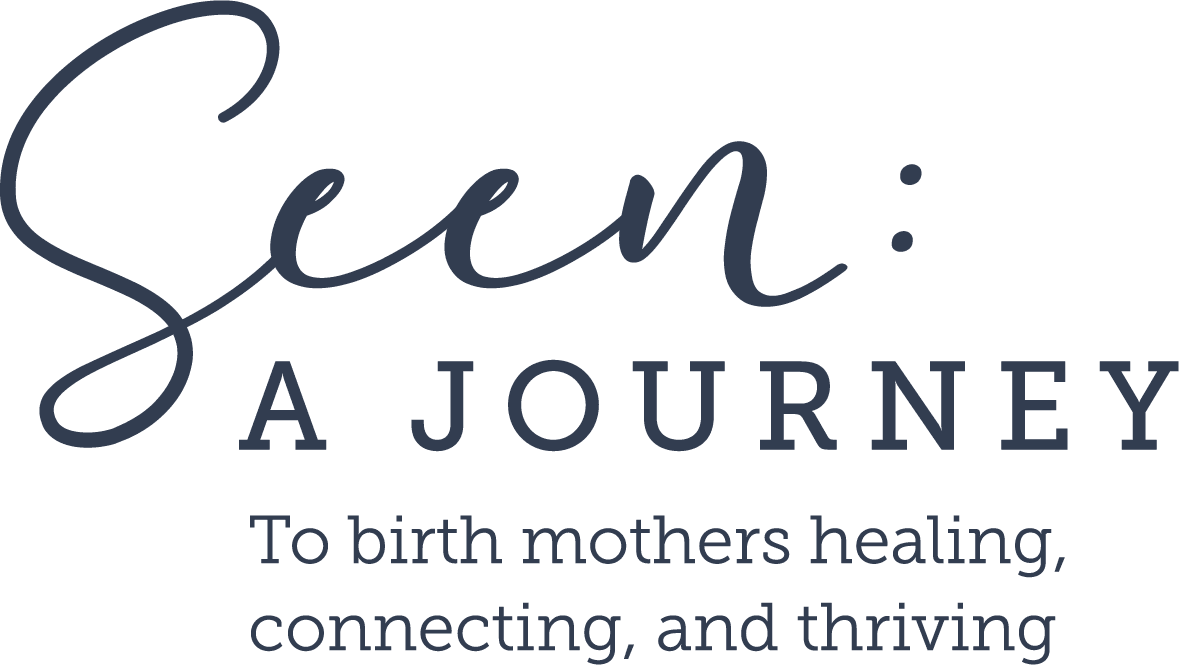As a Birth Mother, I’ve learned that the path of motherhood in this instance does not end with the placement of a child. It’s a lifelong responsibility that changes and deserves our attention, even though we are not parenting our child. Many people feel that surrendering parental rights entails releasing the obligations that come with them. And maybe it does for a while, but the reality of a Birth Mother and parenthood is much more complex.
Some of you reading this may say, “But I’m not actively parenting this child.” And, while you aren’t, it is important to recognize that the parental role exists, albeit in a different form. There may come a time when your child wishes to form a relationship with you, seek answers to hard questions, or simply wants to connect. In those situations, it is critical to be prepared to own the role of a parent; offering honesty, empathy, and understanding.
Hard Truths About Being A Birth Mother And Parenthood
Mutual respect and understanding must form the foundation of any relationship. Especially with those of a Birth Mother and a placed son or daughter. This includes being willing to listen to your child’s, and yes, this means your adult child’s, challenging questions and giving them the space and opportunity to express themselves. While this can be difficult, it is often required for healing to occur—for both you and your child.
For Birth Mothers seeking reunion, I offer a word of caution. Before traveling on this road of reunification, you must prioritize your own healing. Seek out Birth Mother support groups or pursue counseling to deal with any unresolved grief you may have buried. You owe it to yourself and your child to be emotionally healthy. Healing takes time.
As a Birth Mother to an adult child, I’ve discovered that the role of a parent never truly fades. Even as the children I have raised mature into adults, our friendship may deepen, but the title of Mom and its accompanying obligations forever remain, no matter if we’re laughing as friends or having difficult conversations. It’s not any different with the child you place. I had to remind myself that to foster a healthy relationship with the daughter I placed for adoption, I had to continue to embrace my role as Mom, even if that’s not what she called me, and embody the maturity of “the adult.” For me, this meant waiting 13 years after we began talking to actually meet in person. These 13 years gave me a chance to heal more because, if I’m honest, I wasn’t where I needed to be emotionally 13 years prior.
The Dance Between Roles Is Ongoing And Needs Intentionality
Parenting, in whatever form, entails sacrifice. It is a commitment to prioritize our children’s needs over our own, even if it is difficult or inconvenient. This sacrifice applies to all of our children, including those we have placed for adoption. Not just at the time of placement. It’s forever. Being a Birth Mother and Parenthood beyond placement is a careful balance that needs intentional focus.
Ultimately, the role of the Birth Mother extends beyond the act of placement. It is a lifetime commitment to love, support, sacrifice, and nurture, even when the path is filled with uncertainty and grief. By acknowledging our ongoing parental/adult role and prioritizing our own healing, we can navigate the complexities of post-placement relationships with grace and understanding. Trust me, it’s worth it.


